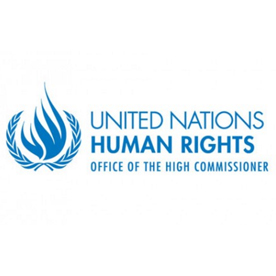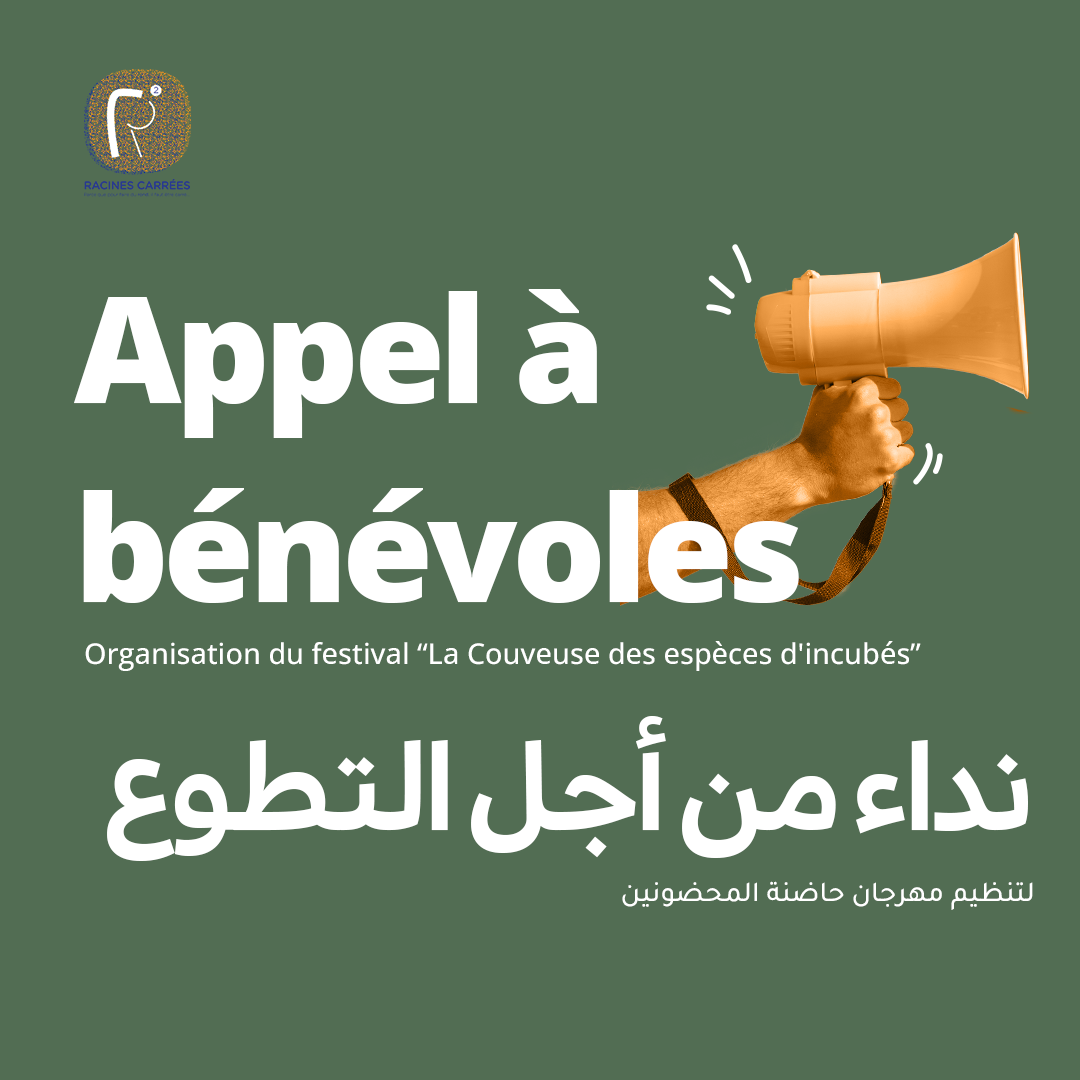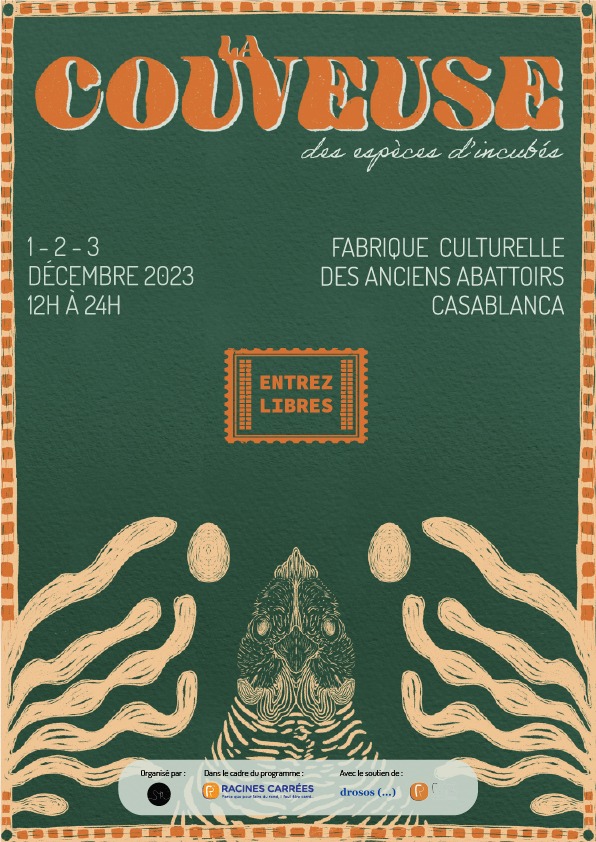Freedom of artistic expression on the Review of Morocco – 27th Session of Universal Periodic Review

On May 2nd, 2017 in Geneva, Morocco presented the report of its achievements in the field of human rights to the Human Rights Council of the United Nations. Many recommendations were stated by the other member countries were about: abolition of the death penalty, Amazigh language, children born out of wedlock, LGBT, violence against women, domestic violence, persons with disabilities, equality Men, women, marriage of minors, open invitation to special procedures, freedom of expression, freedom of religion, social security, elderly persons, domestic workers…
On May 2nd, 2017 in Geneva, Morocco presented the report of its achievements in the field of human rights to the Human Rights Council of the United Nations. Many recommendations were stated by the other member countries were about: abolition of the death penalty, Amazigh language, children born out of wedlock, LGBT, violence against women, domestic violence, persons with disabilities, equality Men, women, marriage of minors, open invitation to special procedures, freedom of expression, freedom of religion, social security, elderly persons, domestic workers.
The delegation of Morocco made a presentation on the achievements of the Kingdom in terms of human rights. The member countries were afterwards in charge of giving recommendations on the situation of HR in Morocco. Although, some recommendations were on freedom of expression in general, press code and promotion of amazigh and Hassani culture, and none of them were on freedom of artistic expression.
Sweden recommended to “ensure the constitution’s provisions on the freedom of press, freedom of opinion and expression and the freedom of assembly and association are respected, including for people who want to express their views on the situation of/in Western Sahara…To end the persecution of journalists under the penal code for peacefully exercising their right to freedom of opinion and expression and ensuring their right to information”.
Qatar recommended Morocco to strengthen freedom of expression.
Mexico, Norway, emirates, Burkina Faso recommended Promoting, recognizing and protecting the amazigh and hassani cultures and heritage.
United Kingdom: call Morocco to “support freedom of opinion and freedom of press and the new press code, Guarantee the access for information and protect the journalists’ sources”.
USA: “End prosecution and release journalists and other individuals detained solely for exercising their rights to freedom of expression, peaceful assembly and association”.
The delegation of Morocco commented that everyone has the right to freedom of expression and opinion as the right cannot be restricted and that it has created a new ministry for human rights.
Racines and Freemuse are civil society organizations that submitted, in September 2016, a joint UPR with recommendations on freedom of artistic expression and censorship in Morocco :
- 69. In accordance with international covenants and the 2011 Constitution guaranteeing the right to artistic freedom, Morocco should amend legal provisions restricting fundamental freedoms and all vague and ambiguous phrasing prone to enabling the arbitrary, abusive and disproportionate interpretation and application of the law.
- 70. Replace unclear and vague provisions in the current (and draft) Penal Code used arbitrarily and disproportionately to imprison artists.
- 71. Take measures, including human rights training for police and other law enforcement officials, to ensure the Penal Code, the Criminal Procedure Code and other regulations and arbitrary practices are not used by the police to quell artistic expressions critical of the police and other aspects of society.
- 72. Abolish any formal or arbitrary prior-censorship mechanisms where they exist and use subsequent imposition of restrictions only when permitted under article 19 (3) and 20 of ICCPR. Such restrictions should be imposed exclusively by a court of law.
- 73. Amend any vague and ambiguous criteria in the Film Law to secure the Film Screening Board and the Centre Cinématographique Marocain’s regulation of artistic expression is in accordance with the law, transparent and limited to issuing age recommendations to protect children.
- 74. Decriminalize the so-called “red line” offenses of harming “territorial integrity”, “Islamic religion” and “the monarchy”, so that artists and others would be free to express themselves artistically and peacefully about different ideas for society, including secularism, political and economic issues, and solutions to the Sahara conflict.
- 75. Take concrete measures, including school and cultural policies emphasising the right to artisticfreedom, to secure that artists, including women artists, and audiences in Morocco are free to express themselves and participate in cultural events without fear of reprisal, even when they cross so-called “red lines”.
Share this article:
Latest news





